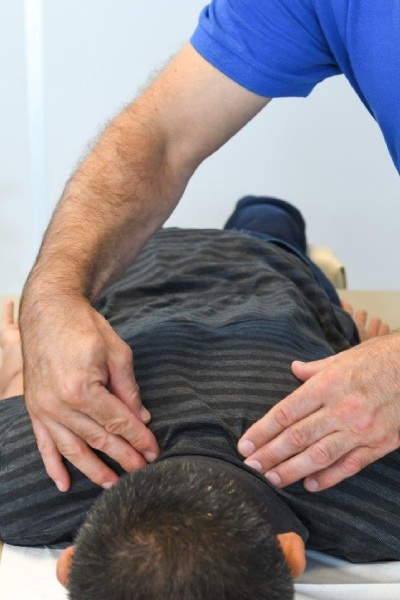Stress, Health, and Stress Overload
Understanding the Role of Stress in Health
Stress is an inevitable part of life, often driving us to grow, adapt, and thrive. Challenges like solving problems or engaging in physical activity are essential for mental stimulation and muscle development. The body is uniquely designed to self-heal, continuously monitoring and adapting to both internal and external influences.
Health is the body’s ability to manage these stresses constructively, allowing it to repair itself and maintain optimal function. Minor stress factors, such as strained muscles or temporary illness, often resolve naturally as the body heals. This remarkable ability enables us to recover from injuries, adapt to environmental changes, and neutralize harmful chemicals.


The Causes of Body Stress
Emotional/Mental Stress:
Stressors such as financial worries, workplace competition, and family conflicts can build over time or arise suddenly as anger, shock, or anxiety. These emotional strains often result in physical symptoms, like tightness in the diaphragm, neck, or shoulders.
Mechanical Stress:
Physical forces such as accidents, falls, or improper lifting can overwhelm the body’s adaptability. Gradual habits, like poor posture or inappropriate exercise, also contribute to stored tension.
Chemical Stress:
Exposure to pollutants, food additives, and harmful chemicals through consumption, inhalation, or skin contact creates chemical stress that impacts overall health.
Understanding the Role of Stress in Health
Stress is an inevitable part of life, often driving us to grow, adapt, and thrive. Challenges like solving problems or engaging in physical activity are essential for mental stimulation and muscle development. The body is uniquely designed to self-heal, continuously monitoring and adapting to both internal and external influences.
Health is the body’s ability to manage these stresses constructively, allowing it to repair itself and maintain optimal function. Minor stress factors, such as strained muscles or temporary illness, often resolve naturally as the body heals. This remarkable ability enables us to recover from injuries, adapt to environmental changes, and neutralize harmful chemicals.


